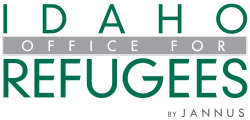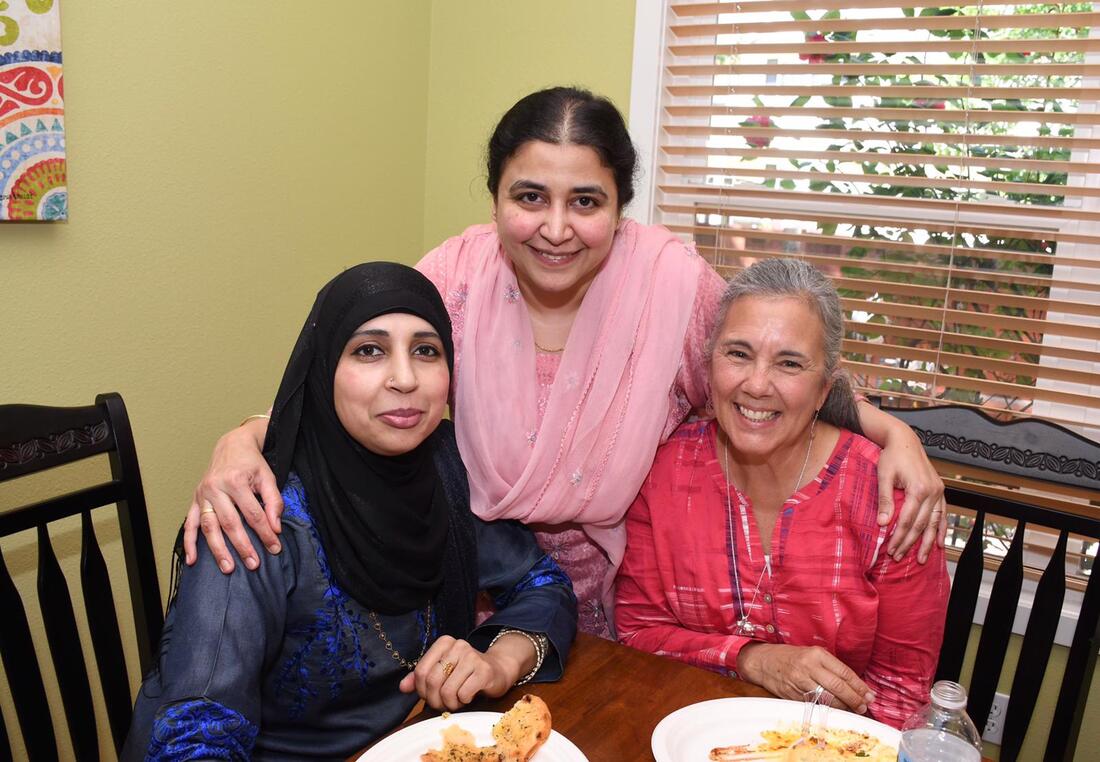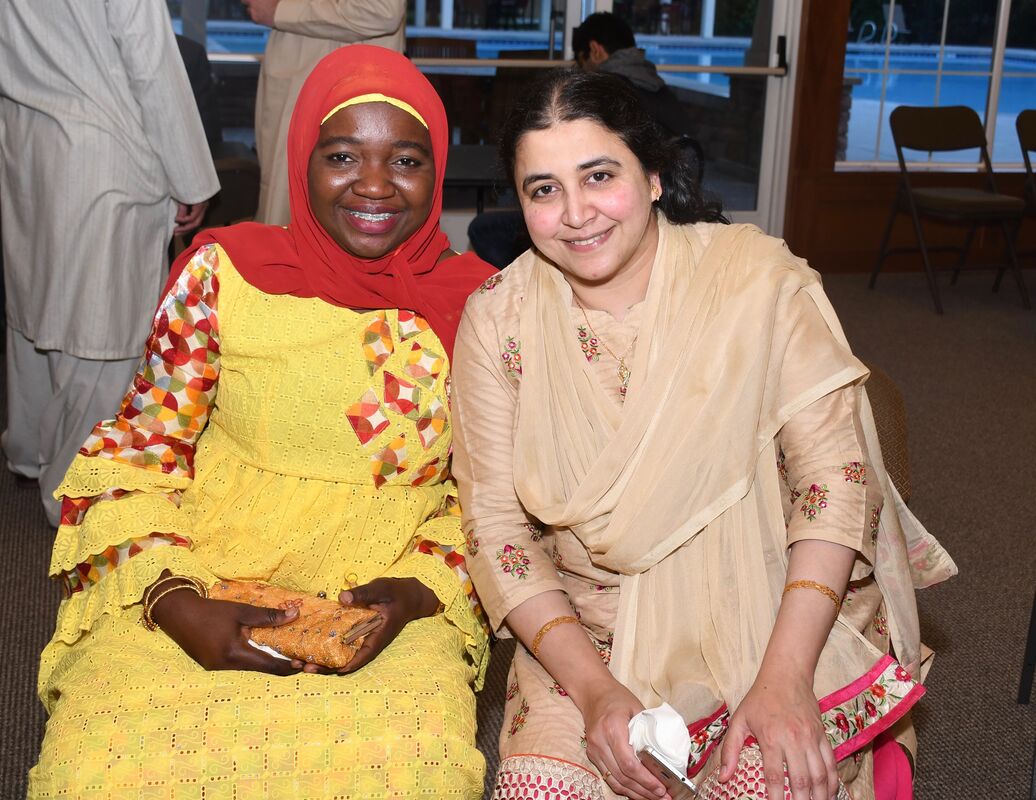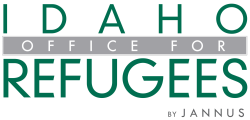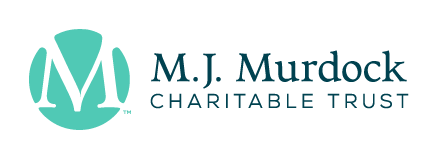|
Reshma Kamal is planning out which dishes she'll have ready on July 20. There’s biryani, a rice dish. It’s her mom’s recipe — “and it’s spicy,” she said. There is korma, a meat and gravy dish. Don’t forget the naan, beef and chicken kabobs, and sweet dishes.
“It’s a festival,” Reshma said. “People are coming to your home, and they want variety.” Eid al-Adha, one of the two main holidays celebrated by Muslims, starts on Tuesday, July 20, this year. Because only 1% of Idahoans are Muslim (an estimated 18,300 residents), the broader population, including many employers, might not realize the significance of this holiday.
Called the “Festival of Sacrifice,” this three-day holiday reflects on Prophet Abraham’s willingness to sacrifice his son in obedience to God; however, just before he was about to take his son’s life, God provided a ram for him to sacrifice instead.
Families traditionally celebrate by sacrificing an animal — perhaps a goat, lamb, cow or camel — which is divided into three parts. One third goes to one's own family, one third goes to friends and one third goes to people in need. “In Boise, a lot of people go to farms and they do their own sacrifice,” Reshma said. “On the other hand, many send money back home to have it done. But it’s required for everyone who can afford it.” The holiday coincides with Hajj, the annual pilgrimage to Mecca that is required of every Muslim at least once in their lifetime. The only other major holiday in Islam is Eid al-Fitr, which is celebrated at the end of the holy month of Ramadan. Not everyone celebrates Eid the same way — the Muslim community has a diversity of backgrounds, cultures and languages. In Boise, Tuesday morning will start out with prayers at the mosque. After chatting and having some snacks together — and maybe grabbing a coffee with friends on the way home, Reshma said — it’s time to finish preparing the food and get ready for any guests that might drop by. Around dinner time, smaller groups may gather at a community clubhouse or meeting place for a potluck. “The biggest significance of (Eid al-Adha) is the sacrifices that we make in our lives to follow what the Quran, the holy book of Muslims, says, just like the story of Prophet Abraham and his son,” Reshma said. “Simple things — be on the right path, be honest, be sincere, be good to your neighbors.” Reshma, the mother of two daughters, also reflects on her gratitude for the good things in life. “The blessings of having a roof over your head, or not worrying about getting up in the morning and thinking, what am I going to feed my kids?” she said. “Simple things of life.”
WATCH: Idaho Office for Refugee's data management specialist Malak Al Fatal shared about her Eid experience with Idaho News 6:
MORE DETAILS
1 Comment
1/26/2023 07:59:25 am
Wow! Love this post! Happy I found such a nice post. Thanks for sharing!
Reply
Leave a Reply. |
Archives
June 2024
Author: Holly BeechIdaho Office for Refugees Communications Manager Thank you to the generous organizations who
support our outreach: |
Idaho Office for refugees |
|
